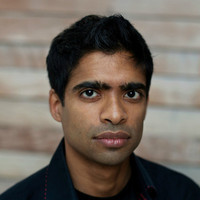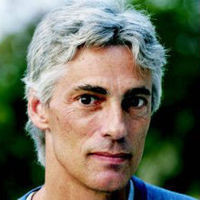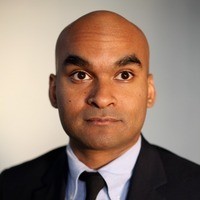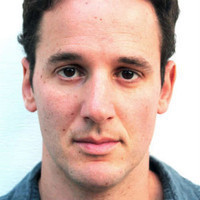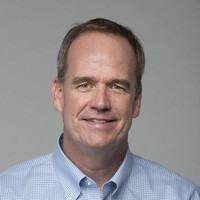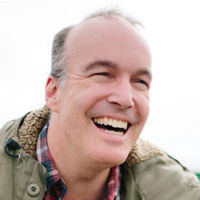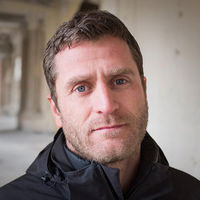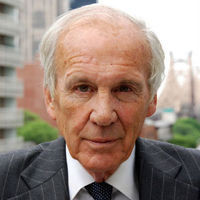Anand Gopal has written for The Wall Street Journal, Harper’s and Foreign Policy. He’s the author of No Good Men Among the Living: America, the Taliban, and the War Through Afghan Eyes.
“When I got to the Taliban, I got out my notebook and tried to ask the hard-hitting questions. ‘What are you fighting for? Why are you doing this? What’s happening with the civilians you’re killing?’ And of course you do that and you get boilerplate answers and icy stares. So I just started asking them questions about their childhood. ... People love to talk about themselves and he began to open up and very subtly something shifted and it no longer became about the war and America versus the Taliban, it became about him being an Afghan and his experience.”
Thanks to TinyLetter and Lynda for sponsoring this week's episode. If you would like to support the show, please leave a review on iTunes.
